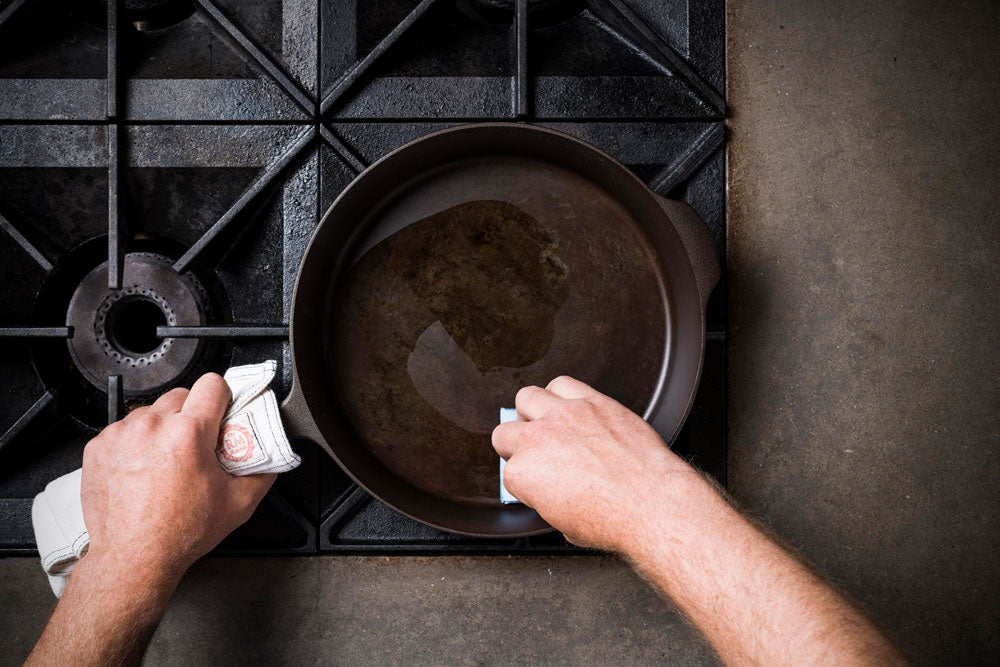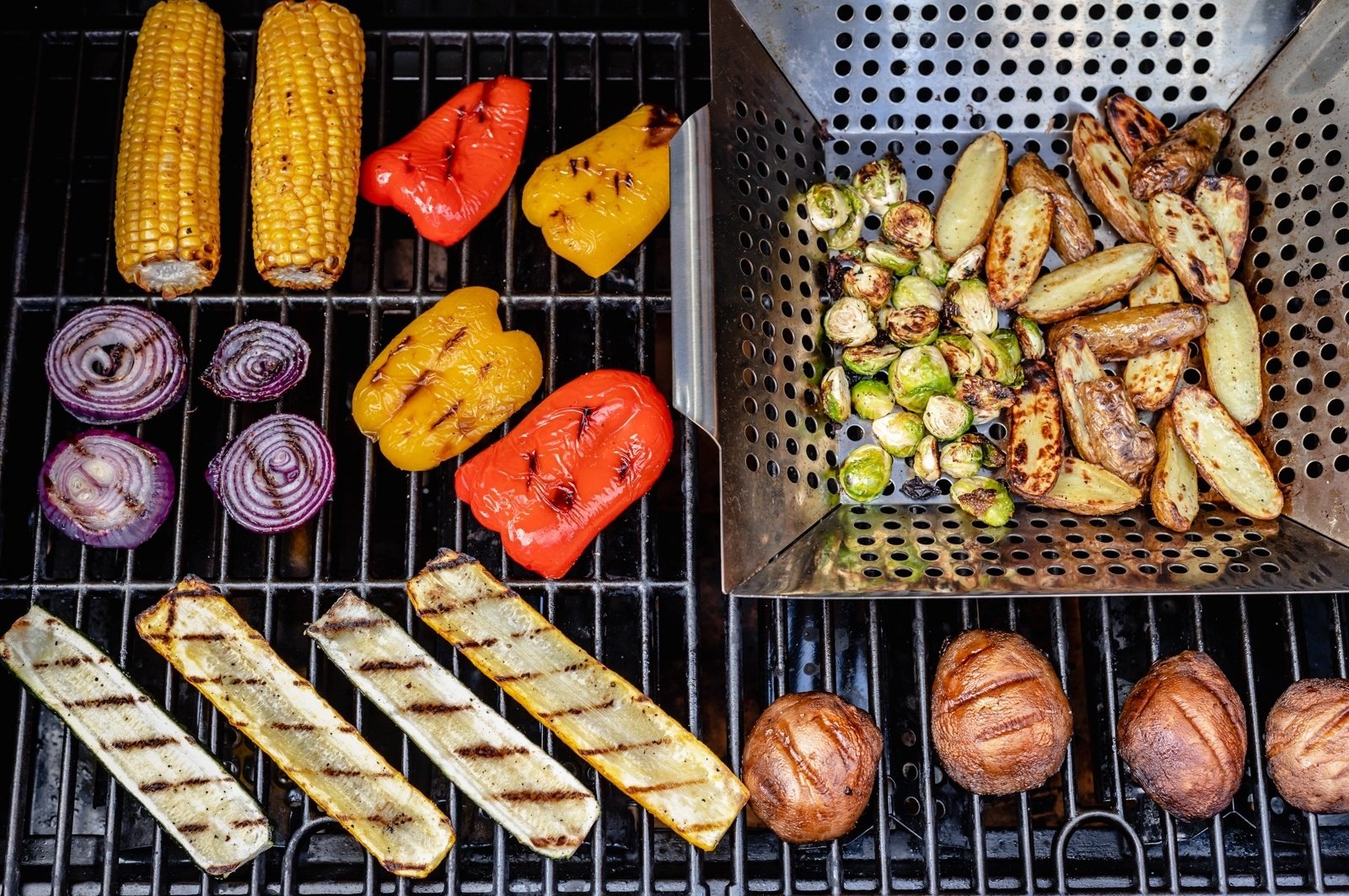Understanding what is cast iron seasoning is essential for every kitchen professional. Cast iron cookware is beloved for its durability and heat retention, but its long-lasting performance largely depends on how well it's seasoned. In this article, we will delve into the intricate details of cast iron seasoning, explaining its processes, benefits, and maintenance techniques. Whether you're a chef seasoned in the culinary arts or a novice in the kitchen, mastering cast iron seasoning can elevate your cooking experience.
Seasoning is the method of treating the surface of cast iron cookware with oil to create a non-stick layer. This process not only protects the cast iron from rust but also enhances its cooking properties. With the right seasoning technique, your cast iron skillet or pan can last a lifetime, delivering superior results in your dishes.

Understanding the Science Behind Cast Iron Seasoning
The process of seasoning cast iron involves applying layers of fat or oil and heating it to a high temperature. But why does this process work? When the oil is heated, it undergoes a transformation that causes it to bond to the metal surface, ensuring a slick, non-stick finish. The key is to use oils that can withstand high heat, such as grapeseed, flaxseed, or canola oil. The type of oil you choose can significantly influence both the seasoning quality and the flavor profile of your dishes.
Benefits of Properly Seasoning Your Cast Iron Cookware
Proper seasoning can provide numerous benefits that every kitchen professional should appreciate:
- Improved Non-Stick Surface: Well-seasoned cast iron develops a natural non-stick coating.
- Anti-Rust Protection: Seasonal layers of oil protect the iron from moisture and oxidation.
- Enhanced Flavor: Oils and fats that are seasoned into the pan can add flavor.
- Durability: Proper care extends the life of your cookware.
Steps to Season Your Cast Iron Cookware
Heres how to season your cast iron cookware effectively:
- Clean Your Pan: Start with a clean surface. Use hot water and a stiff brush. Avoid soap, as it can strip the seasoning.
- Dry Completely: Wipe down the skillet to ensure there is no moisture. This helps prevent rust.
- Apply Oil: Use a paper towel to spread a thin layer of high smoke point oil all over the skillet, including the handle and the bottom.
- Heat it Up: Place the skillet upside down in an oven preheated to 450F (232C) for about one hour. This allows the oil to bond properly.
- Let it Cool: Turn off the oven and allow the skillet to cool down slowly inside.
These steps will ensure your cookware remains in good condition. You might want to check out tips for cleaning cast iron without compromising the seasoning.
Common Questions About Cast Iron Seasoning
Many kitchen professionals have similar questions about cast iron seasoning. Here, we answer some of the most frequently asked queries:
- How often should I season my cast iron? The frequency varies based on usage, but its a good idea to do it every few months, or whenever food begins to stick.
- What if my cast iron skillet is sticky after seasoning? This could happen if too much oil was applied during the seasoning process. It may require a thorough re-seasoning.
- Are there any specific temperatures for proper seasoning? Yes, temperatures around 450F (232C) are ideal for effective seasoning.
For more detailed tips on resolving sticky seasoning issues, you can read this article.
Maintaining Your Seasoned Cast Iron
Proper maintenance is essential to keep your cast iron in top condition:
- Cooking with Fat: Always cook with a sufficient amount of fat to maintain the seasoning.
- Avoid Soaking: Never soak cast iron in water, as it can lead to rust.
- Heat It Properly: Always preheat your cast iron to avoid food sticking.
For additional tips on layering seasoning, consider checking this article on layering seasoning.
Restoring Old Cast Iron Cookware
If you have an old, neglected piece of cast iron cookware, dont despair! With the right approach, even the most worn-out pans can be brought back to life:
- Strip Existing Seasoning: Use an oven cleaner or a high-heat oven to strip away old seasoning layers.
- Re-Season from Scratch: Follow the previously mentioned steps for seasoning from scratch.
For a detailed guide on this process, check out this resource on stripping cast iron seasoning.
Cast Iron Seasoning in Professional Kitchens
In professional culinary environments, cast iron seasoning can often be overlooked. However, its vital for creating the ideal cooking conditions, especially for dishes needing high heat and perfect searing. Chefs can achieve incredible flavor profiles when cast iron is properly maintained and seasoned.
Additionally, the historical aspect of cast iron cookware in restaurants often elicits interest. Many seasoned chefs pass down their techniques and tricks for seasoning as a part of their culinary heritage. This bonding experience is invaluable in maintaining tradition while excelling in modern cuisine.

Conclusion: A Necessity for Every Chef
To sum it up, understanding what is cast iron seasoning is crucial for any kitchen professional. By committing to proper seasoning techniques and maintaining your cast iron cookware, you not only enhance your cooking capabilities but also connect with the fundamental skills of culinary arts. Your cast iron can become a beloved kitchen companion for years to come, making every meal memorable.
For more information on effective cast iron techniques, consider visiting Bon Appetit.
As an Amazon Associate, I earn from qualifying purchases.





Leave a comment
This site is protected by hCaptcha and the hCaptcha Privacy Policy and Terms of Service apply.